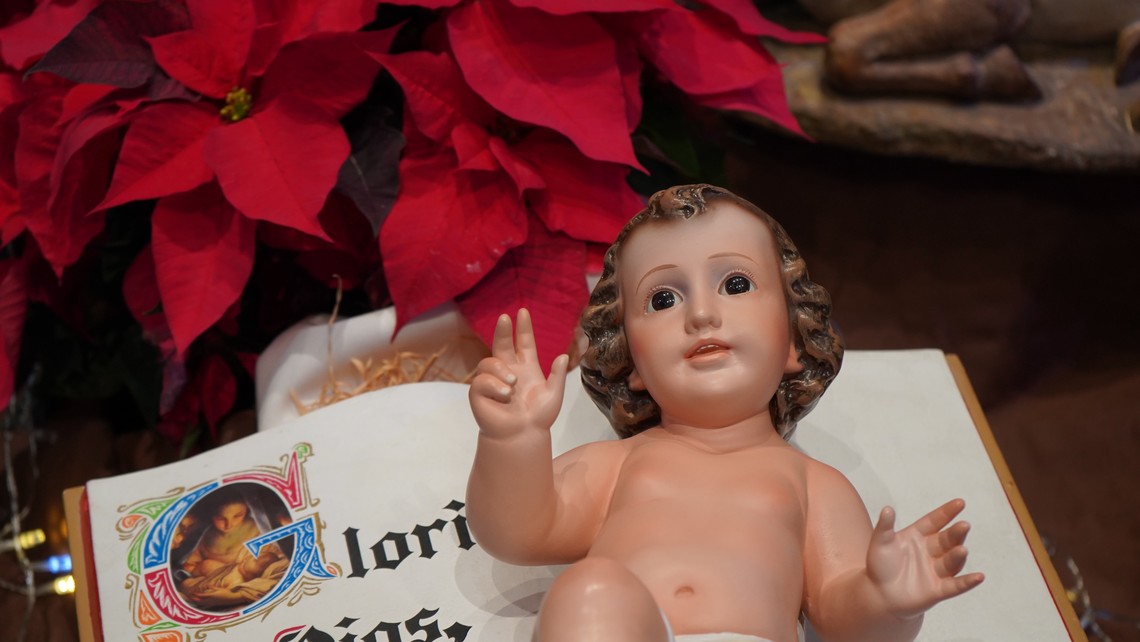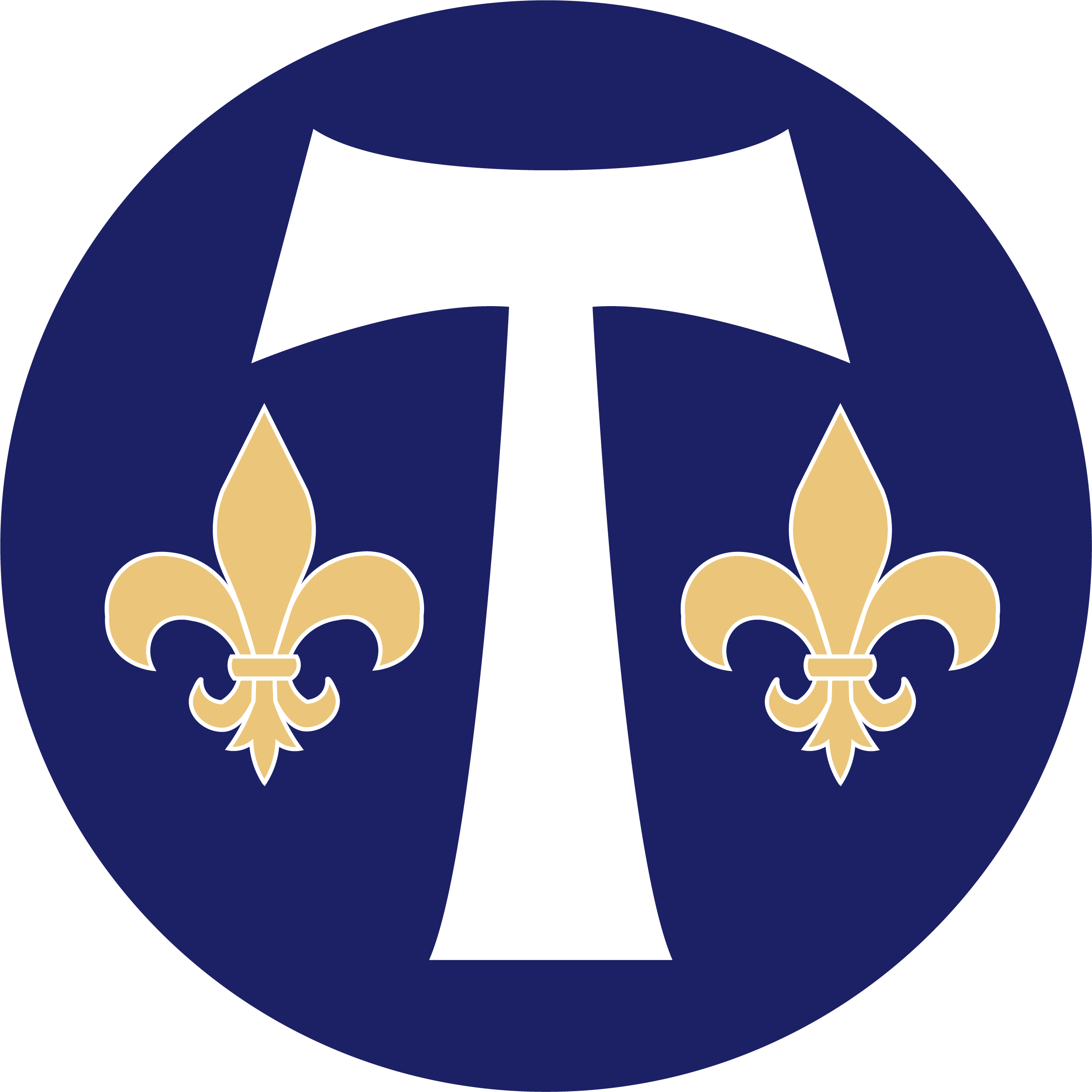
How often have you heard that Jesus was most certainly not born on December 25? The reasoning goes that the Catholic Church, already “infected by paganism” (so critics assert), could better corral and control the once-pagan population of the Roman Empire by “baptizing” the Pagan Roman holiday of The Birth of the Unconquered Sun on December 25, the date on which the Romans commemorated the winter solstice, and turning it into a Catholic holiday.
While no one can “prove” that Jesus was really born on December 25, one can at least set forth some considerations. When Luke writes, "In the sixth month, God sent the angel Gabriel to Nazareth, a town in Galilee, to a Virgin pledged to be married to a man named Joseph, a descendant of David. The Virgin's name was Mary. The angel went to her and said, "'Greetings, You who art full of grace! The Lord is with you" (Luke 1:26-28).
Which sixth month is being referred to? It does not say “in the sixth month of Elizabeth's pregnancy,” but “in the sixth month.” With John the Baptist conceived six months prior, that would take us to the month of Tishri, which at the time of Jesus’s birth was universally taken to be the first month of the Jewish Year.
Let us recall how Zachariah was ministering in the Temple at this time. No matter which week he was assigned, he would have been quite busy. Tishri is a fitting month because of its eschatological suite of festivals. Tishri begins with Yom Hateruah, the “Feast of Trumpets,” which is also called Rosh Hashanah – literally “the Head of the Year” – because this day which foretells the Coming of the Lord is fittingly also the start of the Jewish Year, which foretells the future inauguration of a New Age.
Next, on 10 Tishri there is Yom Kippur, the “Day of Atonement,” which is a day in which Jews ask for Forgiveness of Sin. This holiday foretells the Day of the Final Judgement. Then on 15 Tishri is celebrated the great Pilgrimage feast of Sukot, “Tabernacles,” or “Harvest,” foreshadowing the final ingathering of the redeemed as God’s “harvest” taken to dwell with God in his “tabernacle” for eternity. Hence one-half a cycle of the moon is occupied with Feasts that proclaim the End Times, depending upon how the Hebrew Calendar was structured that year.
You will notice that this argument cannot pinpoint the exact date of Jesus’ birth. It would be disingenuous to make such an argument, though we can entertain certain possibilities. For instance, if we take the most common year attributed to Jesus birth, which is 5 B.C. (or 3757 according to the Hebrew numbering allegedly from the Creation of the World) we discover that on that year the Hebrew month of Kislev happens to align with the Roman month of December, so that Kislev 1 was December 1. So apparently the Hebrew holidays were “late” in the year 3757.
There is only one Jewish holiday in Kislev that Jews celebrate universally, which is the festival of Hanukkah. Though a very late feast celebrating the Rededication of the Temple after the victory of the Maccabees over the Hellenists, it happens to fall every year on Kislev 25. It is, shall we say, intriguing that that a Jewish Feast to celebrate the Rededication of Temple, just happened to fall on December 25 in the same year in which Jesus was most likely born. It makes typological sense of course that Jesus, the light of the world, the one who would rededicate the Temple by his life, would arrive on the holiday which celebrates rededication and renewal.
There are other candidates for the “real” birthday of Jesus: March 21 has been a favorite for many since this is the first day of Spring. Others, thinking that Jesus’ would be conceived in the womb of the Virgin Mary on the Spring Equinox instead place Jesus’ birth in late September – locating a 1 Tishri “Rosh Hashanah” for his birth. I have even come across one (rather specious) argument for “September 11” as Our Lord’s true day of birth.
What do you think about this?
Do you think my above argument has merit?
Let me know, I would be delighted to hear your ideas.



